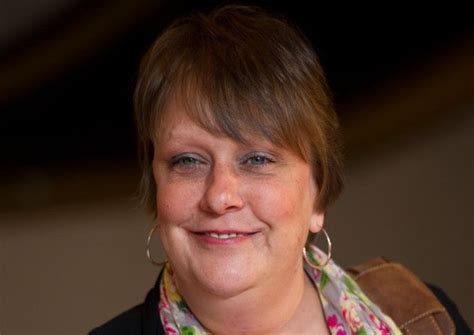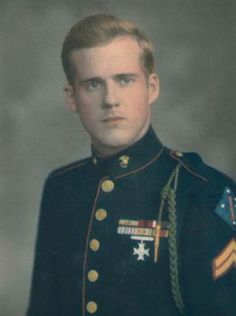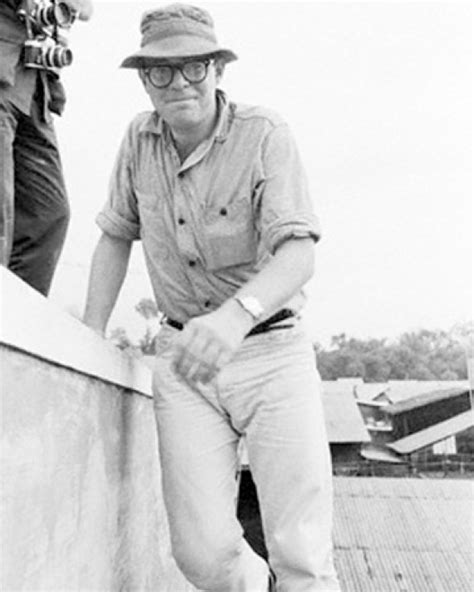A Quote by Mike Posner
I had an initial wave of popularity that, in time, crashed, and I slowly became less popular and less successful, and I had to figure out who I was without those things.
Related Quotes
Where people work longest and with least leisure, they buy the fewest goods. No towns were so poor as those of England where the people, from children up, worked fifteen and sixteen hours a day. They were poor because these overworked people soon wore out -- they became less and less valuable as workers. Therefore, they earned less and less and could buy less and less.
To the non-combatants and those on the periphery of action, the war meant only boredom or occasional excitement, but to those who entered the meat grinder itself the war was a netherworld of horror from which escape seemed less and less likely as casualties mounted and the fighting dragged on and on. Time had no meaning, life had no meaning. The fierce struggle for survival in the abyss of Peleliu had eroded the veneer of civilization and made savages of us all.
I did not write it [Coming of Age in Samoa] as a popular book, but only with the hope that it would be intelligible to those who might make the best use of its theme, that adolescence need not be the time of stress and strain which Western society made it; that growing up could be freer and easier and less complicated; and also that there were prices to pay for the very lack of complication I found in Samoa - less intensity, less individuality, less involvement with life.
LSD was my "wonder child", we had a positive reaction from everywhere in the world. Around two thousand publications about it appeared in scientific journals and everything was fine. Then, at the beginning of the 1960s, here in the United States, LSD became a drug of abuse. In a short time, this wave of popular use swept the country and it became "drug number one". It was then used without caution and people were not prepared and informed about its deep effects. Instead of a "wonder child", LSD suddenly became my "problem child".
I asked myself if I would kill my parents to save his life, a question I had been posing since I was fifteen. The answer always used to be yes. But in time, all those boys had faded away, and my parents were still there. I was now less and less willing to kill them for anyone; in fact, I worried for their health. In this case, however, I had to say yes. Yes, I would.
Renunciation - non-resistance - non-destructiveness - are the ideals to be attained through less and less worldliness, less and less resistance, less and less destructiveness. Keep the ideal in view and work towards it. None can live in the world without resistance, without destruction, without desire. The world has not come to that state yet when the ideal can be realised in society.
Though perhaps less universally known than such figures as Einstein or Gandhi (who became symbols of our time) Daisetz Suzuki was no less remarkable a man than these. And though his work may not have had such resounding and public effect, he contributed no little to the spiritual and intellectual revolution of our time.


































